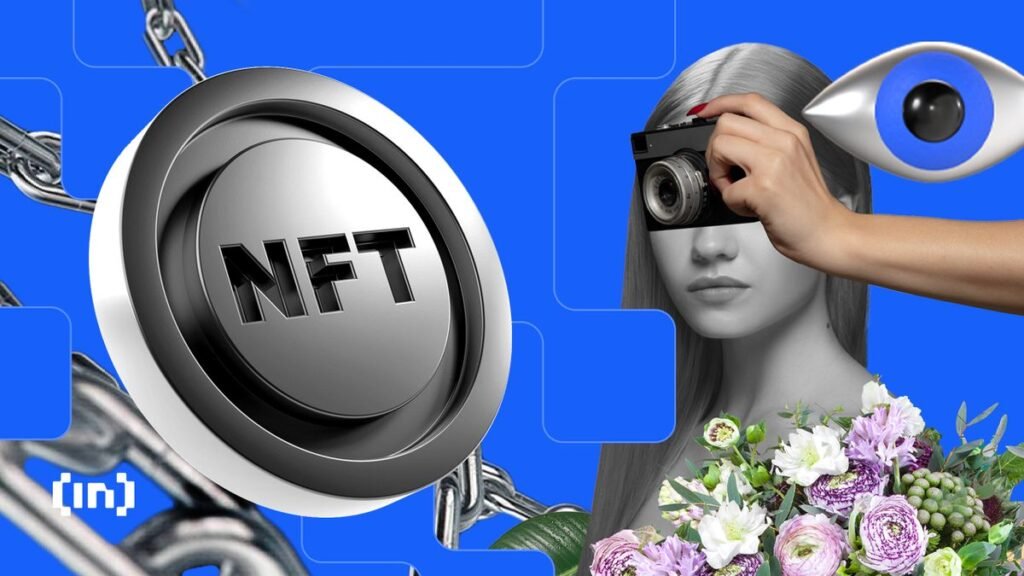When most people think of NFTs, they picture a static image of a cartoon ape or a pixelated punk. While these profile picture projects brought NFTs to the forefront, they represent only the first, most basic application of a technology with far-reaching potential. The future of digital ownership is dynamic, interactive, and integrated with the physical world in ways we are only beginning to explore. As this future takes shape, white label NFT marketplace development services are providing the flexible and robust infrastructure needed to build the next generation of digital asset platforms.
Table of Contents
The “JPEG-as-an-NFT” model is rapidly evolving. Forward-thinking developers and entrepreneurs are now focused on creating NFTs with real-world utility and building marketplaces that can support more complex and innovative forms of digital ownership.
NFT Functionality:
- Interoperability and Multi-Chain Support: The future of blockchain is not a single, dominant chain, but a network of interconnected blockchains. Modern NFT marketplaces are being built with cross-chain compatibility, allowing assets to be traded seamlessly across different ecosystems.
- “Phygital” NFTs: The line between the physical and digital worlds is blurring. We are seeing the rise of NFTs that are linked to physical items, from luxury watches to real estate. These “phygital” assets offer a new level of authenticity and provenance, and their ownership can be transferred digitally.
- Dynamic and “Living” NFTs: The next generation of NFTs will not be static. They will be able to change and evolve based on external data or events. Imagine a concert ticket NFT that transforms into a recording of the show after the event, or a gaming asset that levels up as you play.
- AI-Powered Curation and Fraud Detection: As the number of NFTs explodes, artificial intelligence will play a crucial role in helping users discover relevant content and in identifying fraudulent or plagiarized works, enhancing trust and security.
Building these advanced features from the ground up is a complex and resource-intensive process. This is why white-label solutions are so critical to driving innovation in the space. They provide a solid, secure foundation that developers can build upon, allowing them to focus on creating unique user experiences and pushing the boundaries of what’s possible with NFT technology.
The potential applications of this next wave of NFT marketplaces are vast and unconventional:
- Intellectual Property: A marketplace where scientists and inventors can tokenize their research and patents, allowing for fractional ownership and transparent licensing.
- Luxury Goods: A platform for buying, selling, and trading fractional ownership of high-value assets like classic cars, fine wine, or designer handbags.
- Environmental Credits: A transparent and immutable system for tracking and trading carbon credits as NFTs, helping to combat climate change.
In conclusion, the conversation around NFTs is shifting from speculative trading to long-term utility and innovation. The simplistic marketplaces of the past are giving way to sophisticated platforms that will redefine our understanding of ownership in the digital age. By providing the essential building blocks for this new frontier, white label NFT marketplace development services are not just supporting a market; they are helping to build the future of the internet.

